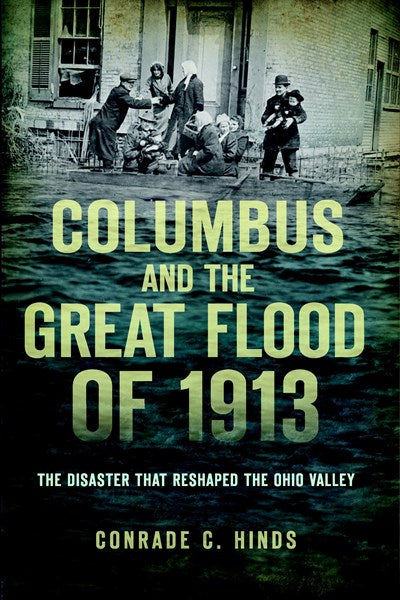Beginning on Easter Sunday, March 23, 1913, Columbus and the Ohio Valley endured a downpour that would produce the largest flood in one hundred years. Heavy rains came on the heels of an especially cold winter, resulting in a torrent of runoff over saturated and frozen ground. Rivers and streams quickly overflowed and levees failed, sending tsunami-like floodwater into unsuspecting communities and claiming four hundred lives. There were ninety-six deaths in Columbus alone when the swollen Scioto River emptied water that ran nine to seventeen feet deep through the streets of the near west side. Join Conrade C. Hinds and the Columbus Landmarks Foundation in a closer look at a flood disaster that reshaped the American Midwest.

